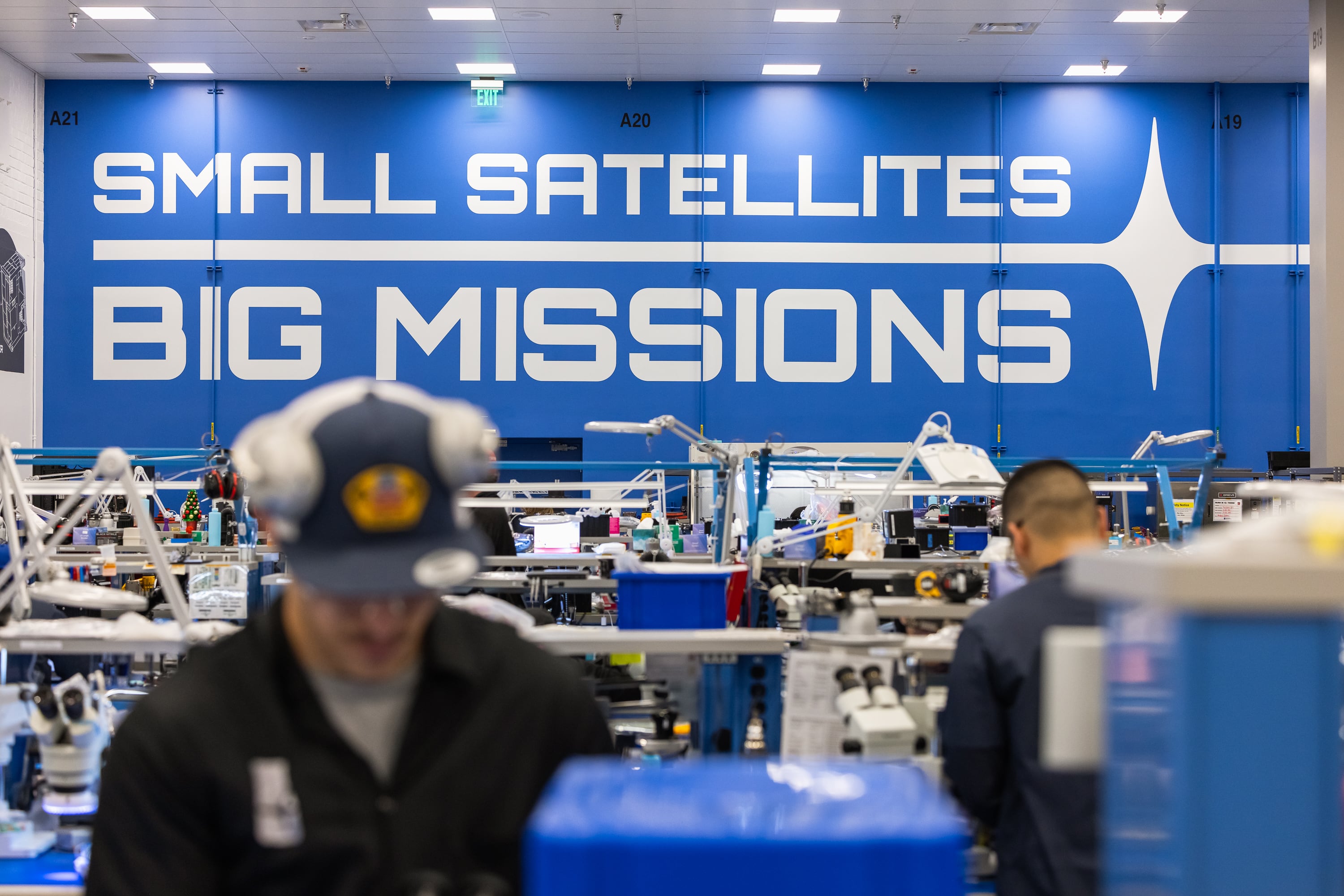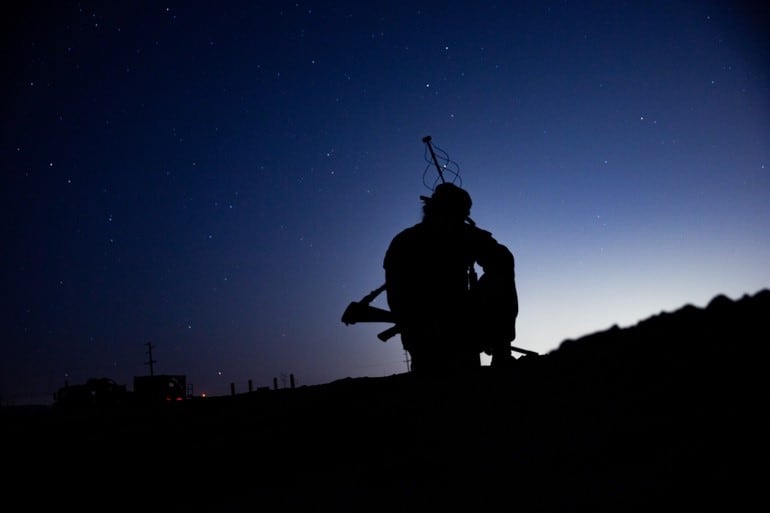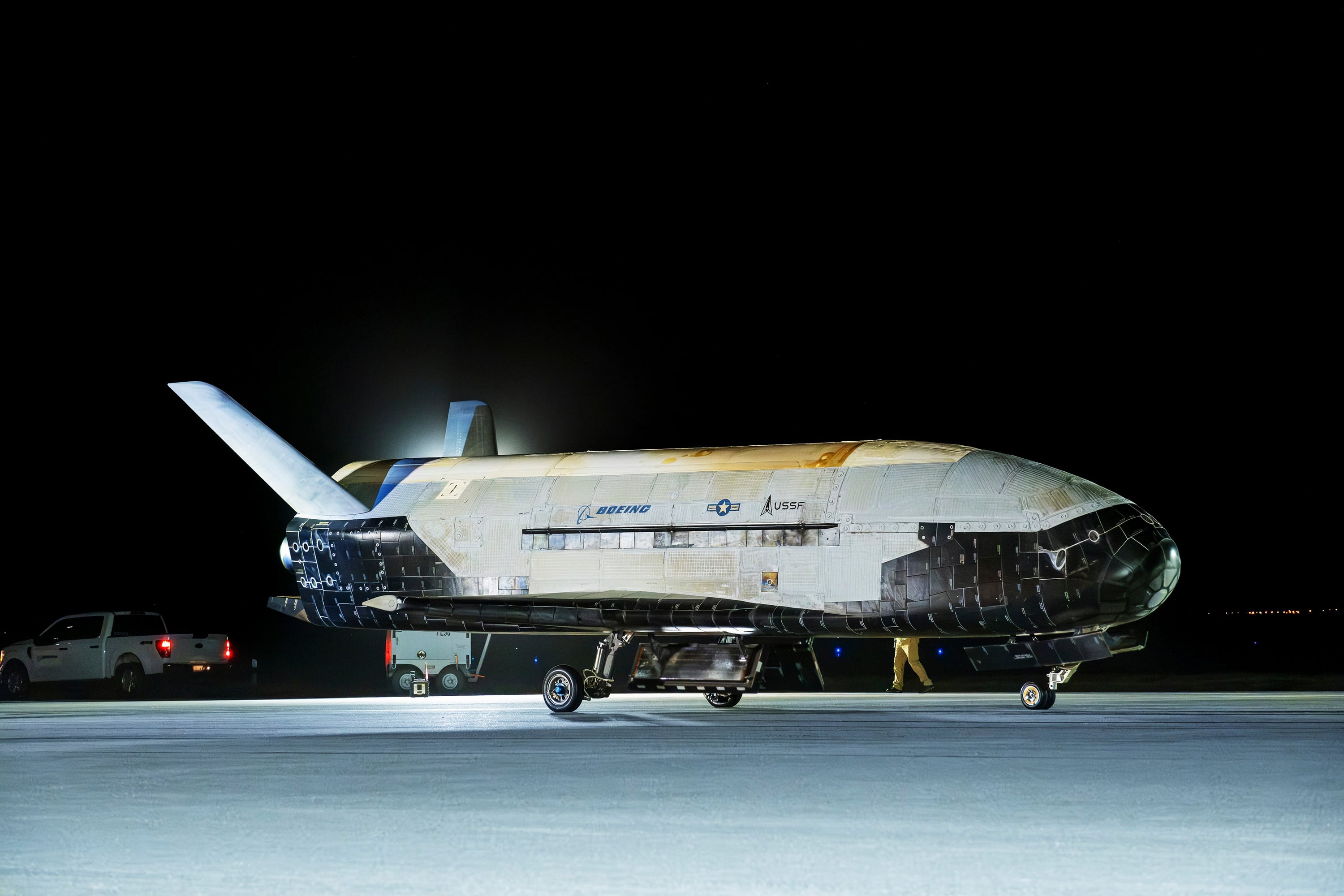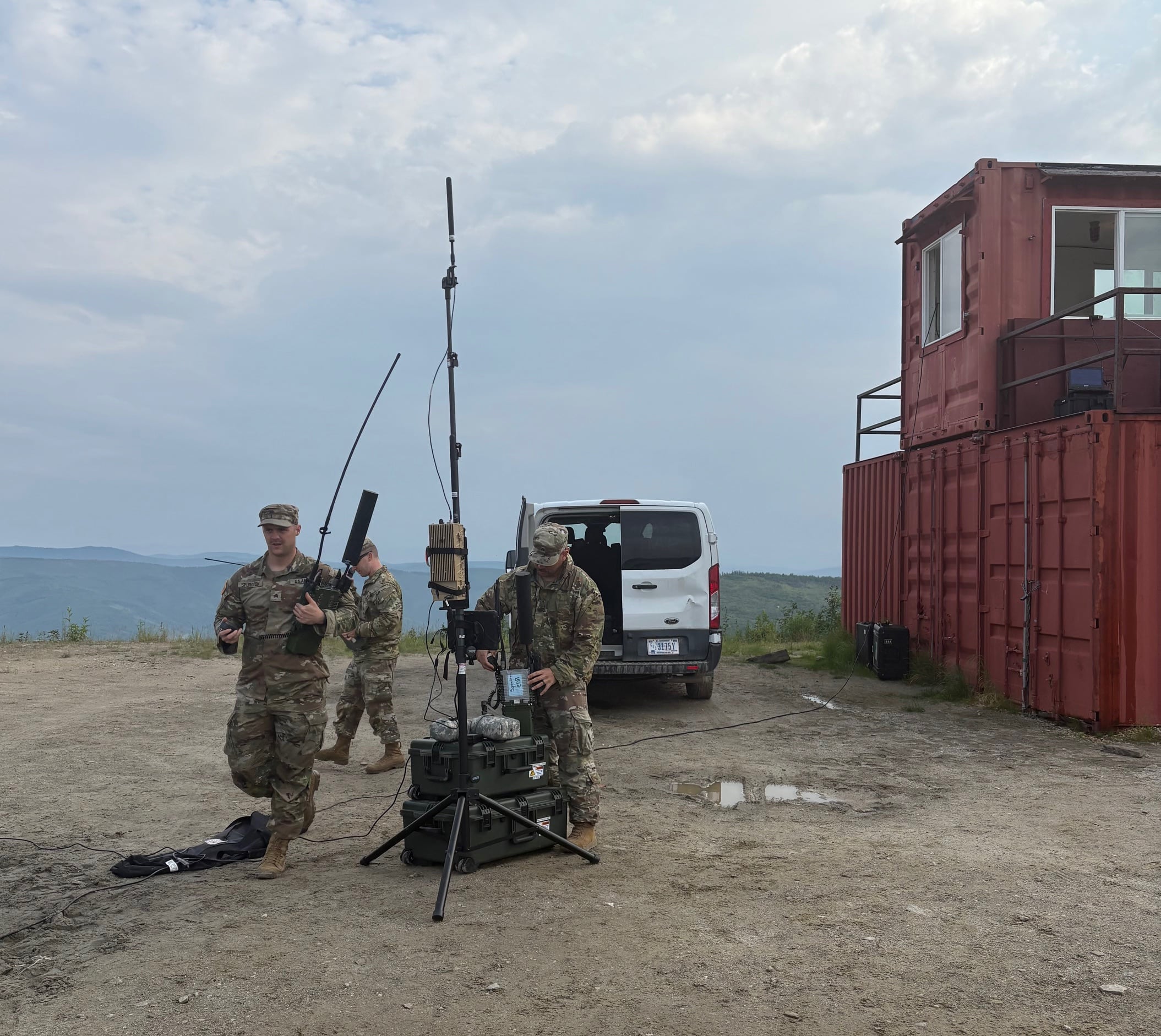Democratic presidential nominee Hillary Clinton vowed a tough stance in cyberspace in the face of aggression and hacking from abroad. During the first presidential debate, the former secretary of state described cybersecurity and cyberwarfare as "one of the biggest challenges facing the next president."
When asked what to do regarding recent high-profile hacking incidents such as the intrusion into the networks and personal files of the Democratic National Committee and its workers – largely believed to be committed by Russian-sponsored agents – Clinton offered a harsh tone.
"We need to make it very clear, whether it's Russia, China, Iran or anybody else – the United States has much greater capacity and we are not going to sit idly by and permit state actors to go after our information – our private sector information or our public sector information," she said.
Clinton's approach reflects what some have referred to as a "hack-back" tactic, responding to cyber incidents in kind. The Obama administration, however, has maintained that it will not always respond to a cyber incident in cyberspace offering a wide array of policy responses ranging from economic, diplomatic, and even military.
Clinton pulled back a bit after indicating she did not want to start an escalatory conflict in cyberspace. "We’re going to have to make it clear that we don’t want to use the kinds of tools that we have; we don’t want to engage in a different kind of warfare, but we will defend the citizens of this country," she added.
Additionally, Clinton prescribed an assessment of Russia and Russian President Vladimir Putin’s view of cyberspace as a tool wielding greater geopolitical influence.
"There’s no doubt now that Russia has used cyberattacks against all kinds of organizations in our country, and I am deeply concerned about this," she said. "But Putin is playing a really tough, long game here. And one of the things he’s done is to let loose cyberattackers to hack into government files, to hack into personal files, to hack into the Democratic National Committee. And we recently have learned that this is one of their preferred methods of trying to wreak havoc and collect information."
Director of National Intelligence James Clapper offered a similar assessment of Putin during the Aspen Security Forumthis summer. "For me, Putin is somewhat of a throwback, not to the communist era but more of a throwback to the czar era, and I think he thinks in those terms," he said. "The Russians have, are now and will continue to employ methods and approaches and techniques below direct military confrontation to fulfil that vision of being a great power on a co-equal bias with us."
Gen. Curtis Scaparrotti, NATO's supreme allied commander for Europe and the commander of the U.S. European Command, also provided a similar assessment at the forum noting that Russia’s actions are short of conflict.
'We see the activity in cyberspace, we see influence in Europe in terms of political parties funding some misinformation to build facts on the ground that really aren’t true. … I believe that it’s a part of their [Russia's] doctrine," he said. "In essence, when you look at the range or spectrum of conflict, it begins with activities below the threshold of conflict in order to set conditions and perhaps even be successful in their objectives without even approaching a conflict."
Clapper added that paranoia surrounds Putin and Russia, who believes the U.S. is trying to influence his citizens, "so their natural response is to retaliate and do unto us as they think we’ve done unto them."
Clinton’s Republican opponent, Donald Trump, offered a more ambivalent assessment of Russia’s involvement in the DNC hack during Monday’s debate. "I don’t think anybody knows it was Russia that broke into the DNC – [Clinton is] saying Russia Russia Russia – maybe it was, I mean it could be Russia…it could also be China, it could also be lots of other people. It also could be somebody sitting on their bed that weighs 400 pounds, OK? You don’t know who broke into DNC," he said.
Several cybersecurity firms, including the firm CrowdStriked, which was hired by the DNC following the breach, concluded that signs point back toward the Kremlin.
Trump also said the U.S. must get "very tough on cyber and cyberwarfare" adding "we should be better than anybody else, and perhaps we’re not."
Mark Pomerleau is a reporter for C4ISRNET, covering information warfare and cyberspace.








